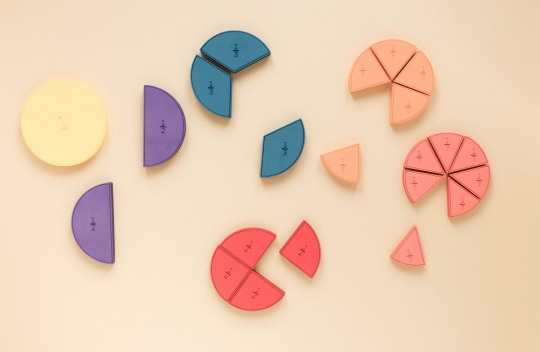Sleep Calculator
Online sleep calculator tools have gained popularity as a means to optimize individual sleep schedules. These digital aids are designed to suggest ideal bedtimes by analyzing sleep cycles, promising users a more restful night's sleep.
Definition and Use of a Sleep Calculator
A sleep calculator is a digital tool designed to help users determine optimal sleep and wake times based on average sleep cycles. The human sleep cycle typically consists of multiple 90-minute cycles throughout the night. During each cycle, we progress through different sleep stages, including light sleep, deep sleep, and REM (Rapid Eye Movement) sleep. However, these cycles can actually vary between 75-120 minutes depending on the individual [1].
To use this online sleep calculator:
1. Enter your desired bedtime or wake-up time
2. The calculator estimates ideal sleep/wake times based on complete cycles
This calculator automatically accounts for approximately 15 minutes to fall asleep, but you can customize that time. You should also aim for 5-6 complete sleep cycles (7.5-9 hours). However, it's important to note that these calculators work on generalizations rather than individual sleep patterns, which can limit their accuracy and effectiveness.
Age-Based Sleep Needs
Sleep requirements vary significantly across different age groups, reflecting the changing physiological needs throughout human development.
Infants (4-12 months) require the most sleep, needing 12-16 hours per day, while toddlers (1-2 years) need 11-14 hours. Preschoolers (3-5 years) typically require 10-13 hours, and school-age children (6-12 years) need 9-12 hours.
As individuals enter adolescence, their sleep needs decrease slightly, with teenagers (13-18 years) requiring 8-10 hours. Adults (18+ years) generally need 7-9 hours of sleep per night for optimal functioning [1][2]. These recommendations serve as guidelines for using sleep calculators effectively, allowing users to tailor their sleep schedules according to their age-specific needs.
Common Calculator Mistakes
While an online sleep calculator can be a useful tool, it has several limitations that users should be aware of. The primary issue is their reliance on average sleep cycle lengths of 90 minutes, which may not accurately reflect individual variations. These calculators often fail to account for personal factors such as stress, diet, and exercise that can affect sleep patterns.
Key considerations:
- Calculators assume uniform sleep cycles throughout the night
- They don't factor in individual differences in falling asleep time
- Night-time awakenings are not accounted for
- REM sleep patterns, which change throughout the night, are not considered
- Environmental factors affecting sleep quality are overlooked
It's crucial to use sleep calculators as general guidelines rather than strict rules, and to prioritize consistent sleep schedules and good sleep hygiene practices for optimal rest. [1]
Sleep Optimization Tips
To optimize sleep quality, focus on creating an ideal sleep environment with a temperature between 15.6-20°C, using blackout curtains, and minimizing noise disruptions [1]. Develop a consistent pre-sleep routine that includes avoiding large meals close to bedtime, limiting caffeine and alcohol consumption, and reducing screen time [2][3]. If you've accumulated sleep debt, gradually adjust your schedule by going to bed 15 minutes earlier each night until reaching your target bedtime.
Remember that consistency in sleep and wake times is more crucial than strictly adhering to a sleep calculator's recommendations. While these tools can provide general guidance, they should not override listening to your body's natural rhythms and individual sleep needs.

